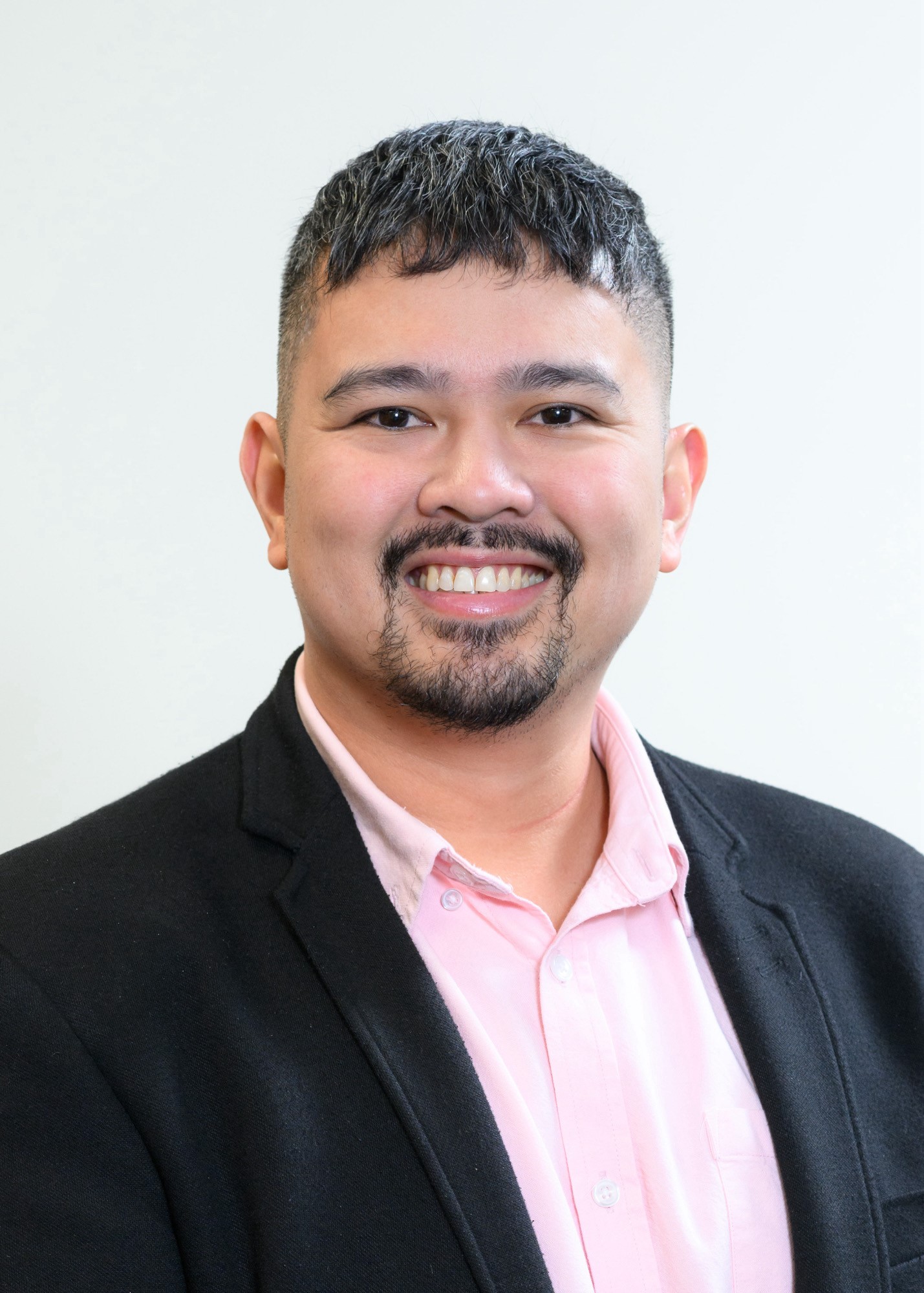Speakers - WNRC2026

Manu Pelayo
Manu Pelayo
- Designation: Victoria University of Wellington, New Zealand
- Country: New Zealand
- Title: Whānau and Assisted Dying A Qualitative Study of Family Experiences in Aotearoa New Zealand
Abstract
While the End of Life Choice Act 2019 legalised assisted dying (AD) in New Zealand as an individual choice, findings from this study show that the process is rarely experienced in isolation.
Using Interpretive Description, in-depth interviews were conducted with family members, either individually or in family groups (n= 17 to date). The findings show that AD is deeply relational and often a complex family journey.
Participants described assisted dying as a collective process involving open conversations, shared responsibilities, and opportunities for planned closure. Being able to say goodbye in advance was described as profoundly meaningful — something that brought peace, helped with grief, and offered a sense of conclusion. Families also described emotional duality of relief and anticipatory grief in the lead-up to a death that had a set date. For some, witnessing their relative’s deterioration and suffering helped them come to terms with the decision. Many described the experience as surreal, particularly when selecting the date and preparing for the final day.
After the death, several participants described a noticeable silence from the AD service, with no structured follow-up. In the absence of formal support, families relied heavily on one another and their communities. Engagement experiences with the AD service ranged from compassionate and personal to procedural and cold. Despite these challenges, many families described the experience as one of control and dignity.
The participants’ stories highlight the need to recognise assisted dying as a relational experience with their families, providers, and communities, and the need for follow-up care.

